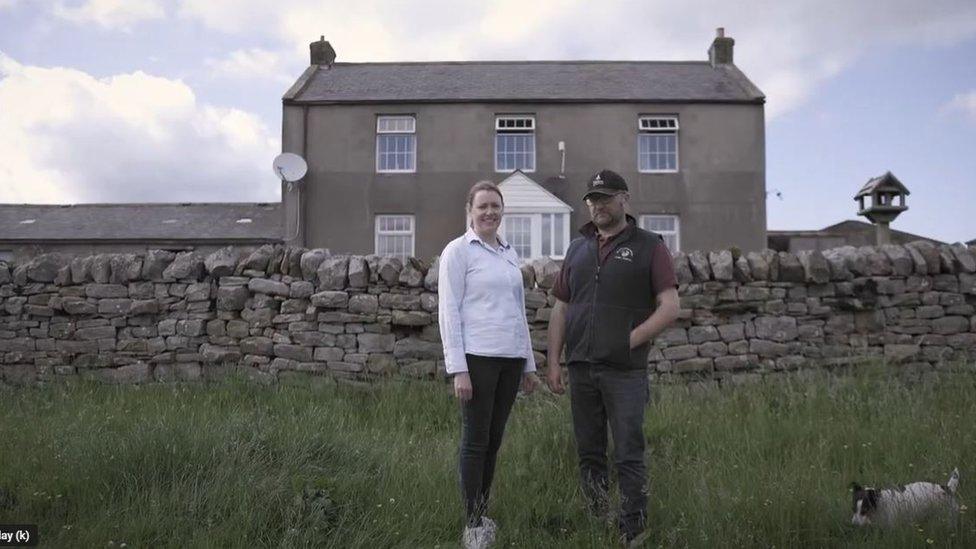Charity appeal for 'unknown' off-grid properties
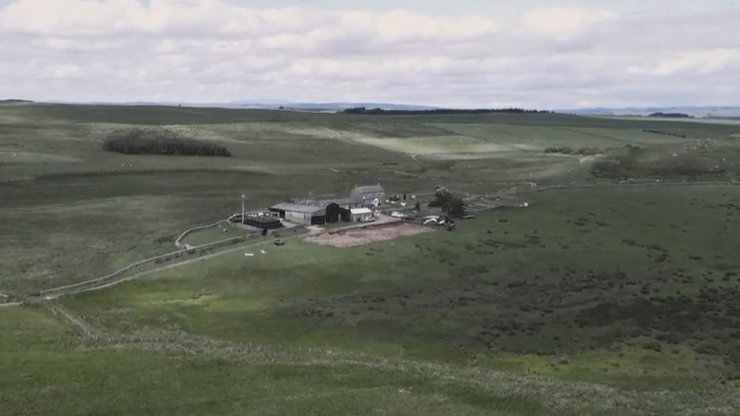
Many homes in Northumberland were never connected to mains electricity because of their remote location
- Published
A charity is trying to gauge the true scale of how many people live in properties without mains electricity.
Community Action Northumberland (CAN) believes there may be hundreds of people living off-grid without any extra support and is asking them to get in touch.
It is running a campaign called Powerless People to highlight the challenges faced by families in the county who mostly depend on generators or wind turbines, which can be expensive or unreliable.
Christine Nicholls from CAN said it was "absolutely essential" the charity knew how many properties needed help.
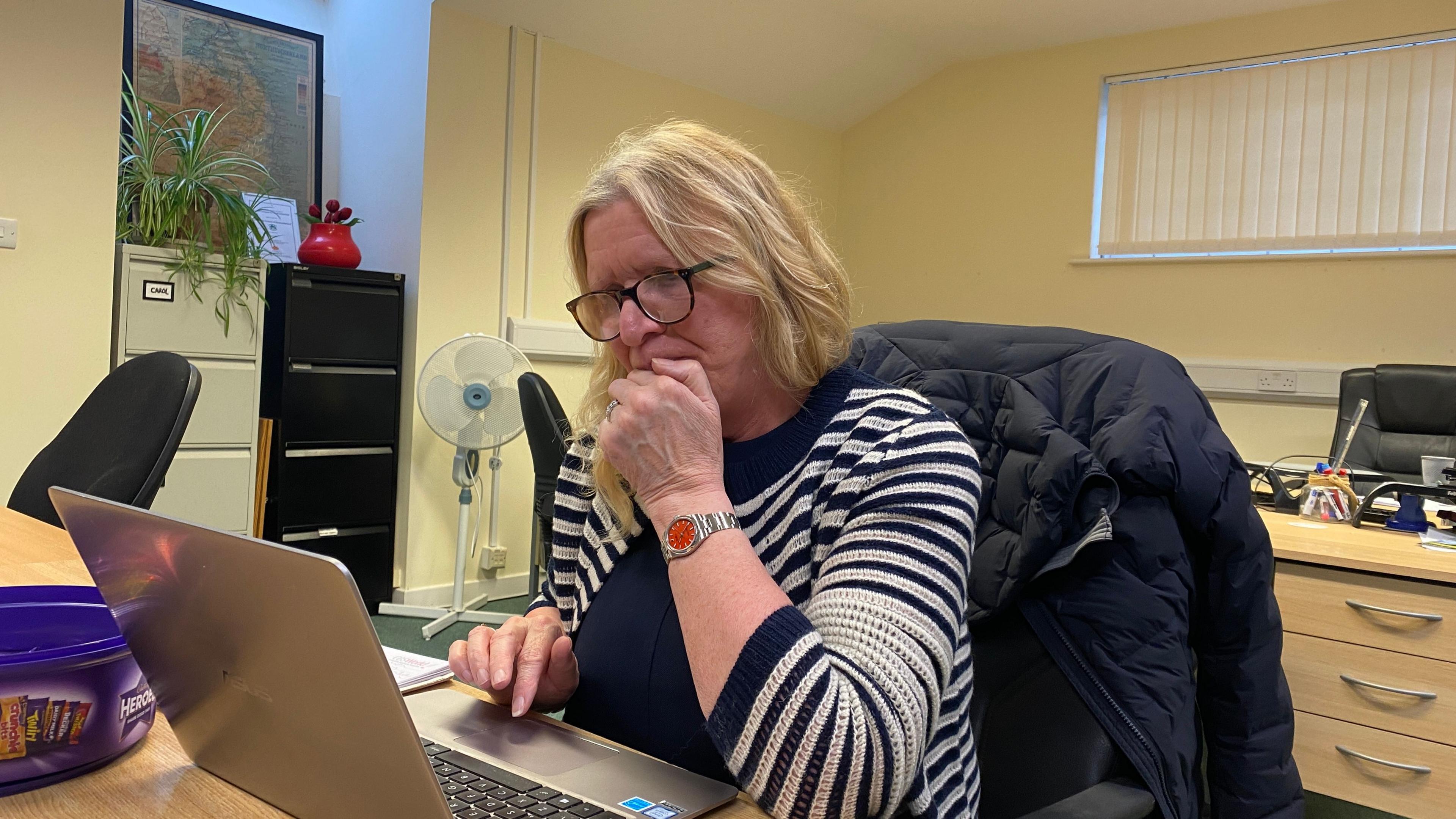
Christine Nicholls, the energy lead at CAN says living off-grid is expensive and exhausting
"If we have an exact number, we can go to the government or the local authority and say this is how much money it would cost to connect them," Ms Nicholls said.
"But at the moment we don't know what the scale of the challenge is."
Sarah and Neil Robson live on a remote farm near Hexham which is powered by a diesel generator and a wind turbine, but their battery pack needs replacing at a cost of £12,000.
"We're very grateful to CAN for making people aware of how exhausting it is to live off-grid," Mrs Robson said.
"A lot of people just accept it and adapt, but it is expensive and hard."
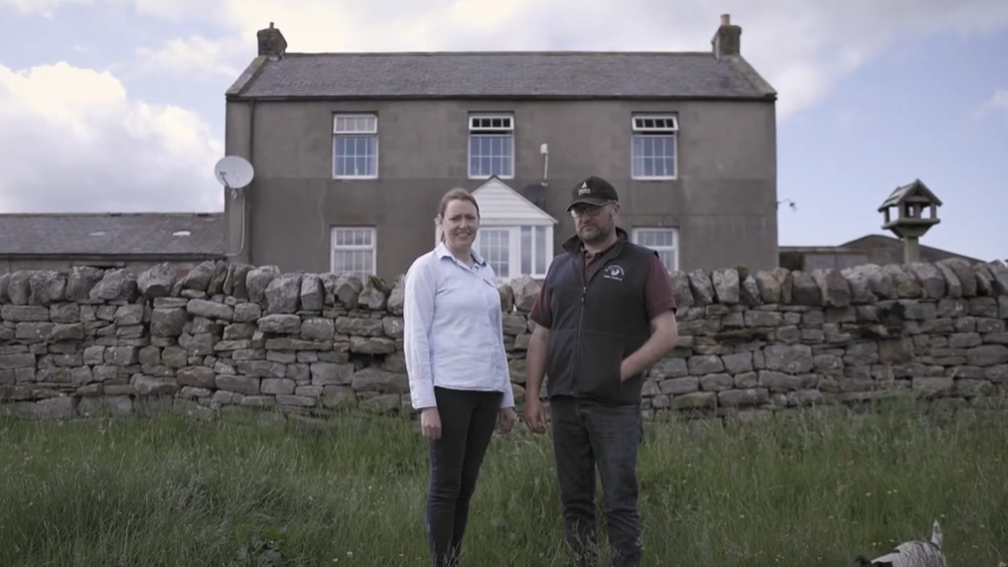
Neil and Sarah Robson who farm near Hexham would love to have mains electricity
CAN is aware of about 350 properties in the county which have no mains electricity, usually because of their remote location.
But Ms Nicholls believes the true figure is much higher.
"I think there could be as many as 500 properties in that category in Northumberland, perhaps even more," she said.
"You would think there is some sort of record but we simply don't know."
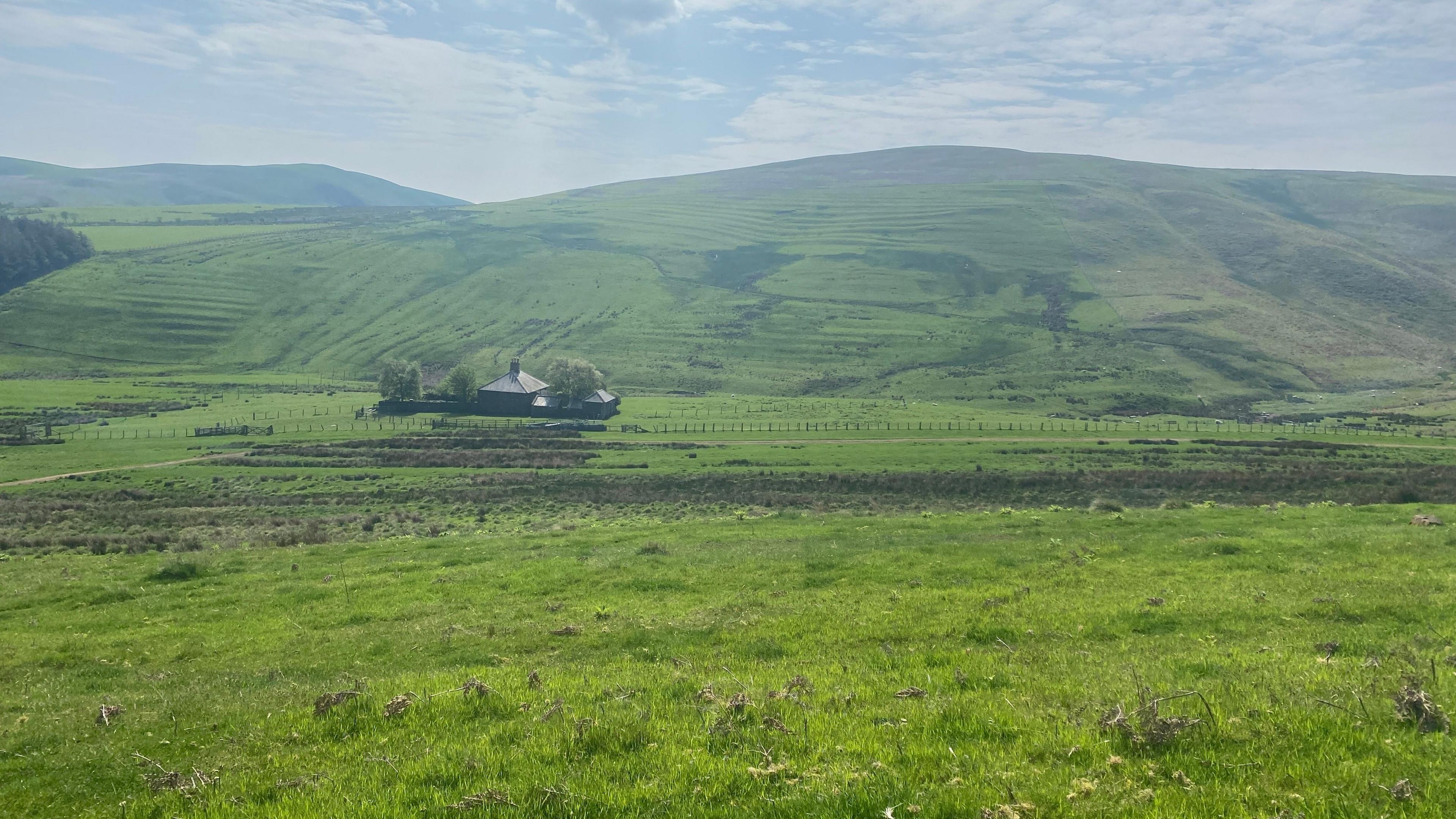
Off-grid homes are usually run by diesel generators but that can cost several thousand pounds a year
The main barrier to getting mains electricity to remote properties is cost.
Three telecommunication masts and 15 homes in the Upper Coquetdale area of Northumberland could soon be connected to the National Grid after decades of campaigning.
The project, funded by the Home Office and the Ministry of Defence, is costing £2.6m.
Follow BBC North East on X (formerly Twitter), external, Facebook, external and Instagram, external. Send your story ideas to northeastandcumbria@bbc.co.uk.
Related topics
More stories from BBC North East and Cumbria
- Published27 April 2024
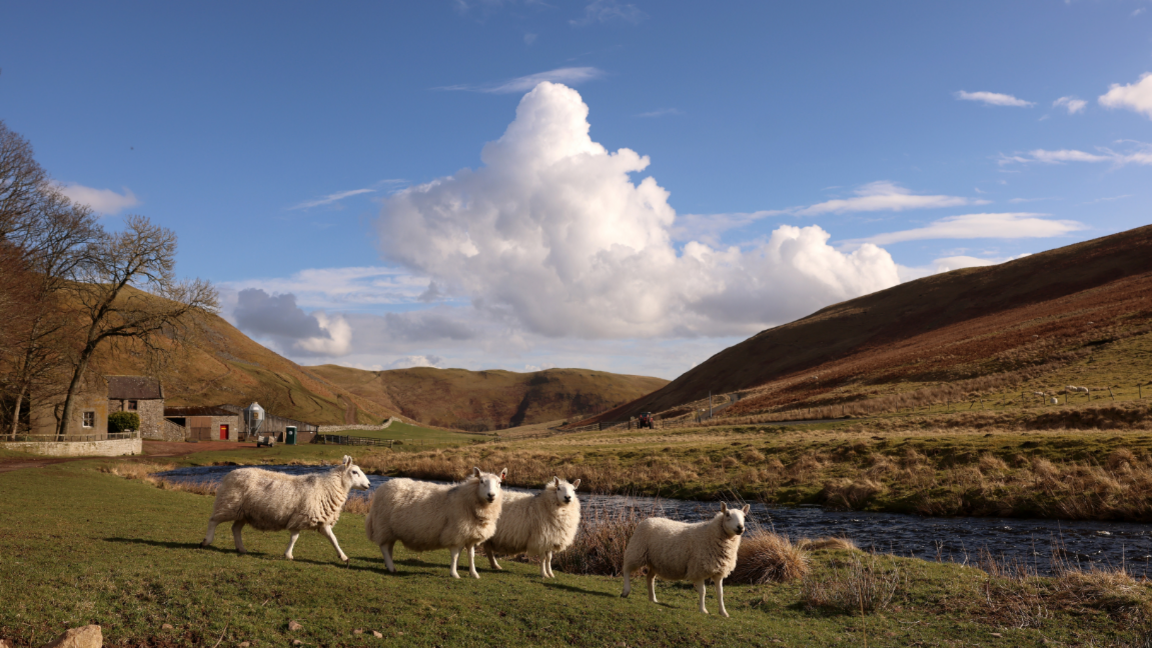
- Published10 April 2023
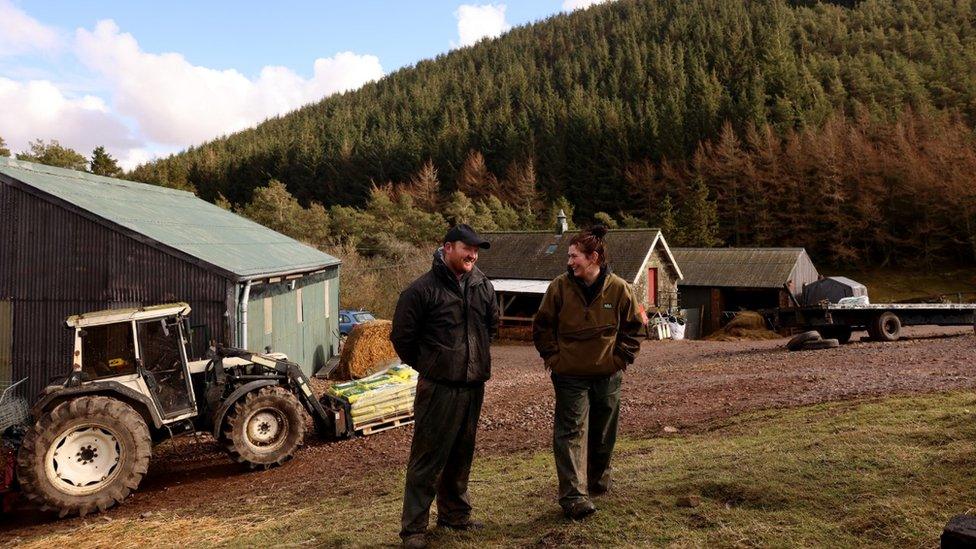
- Published26 February 2024
